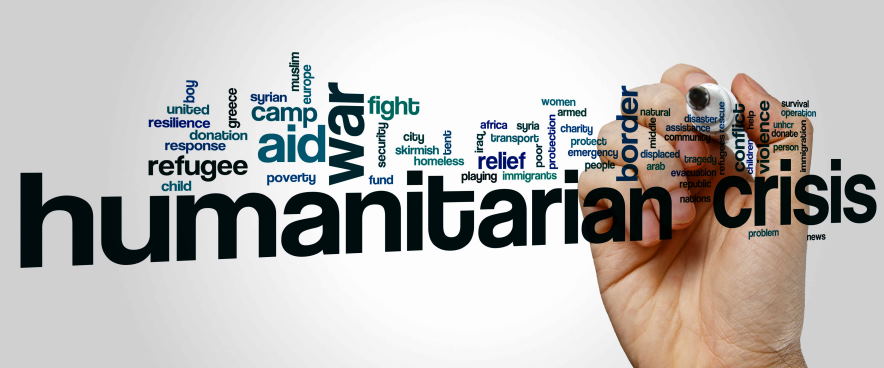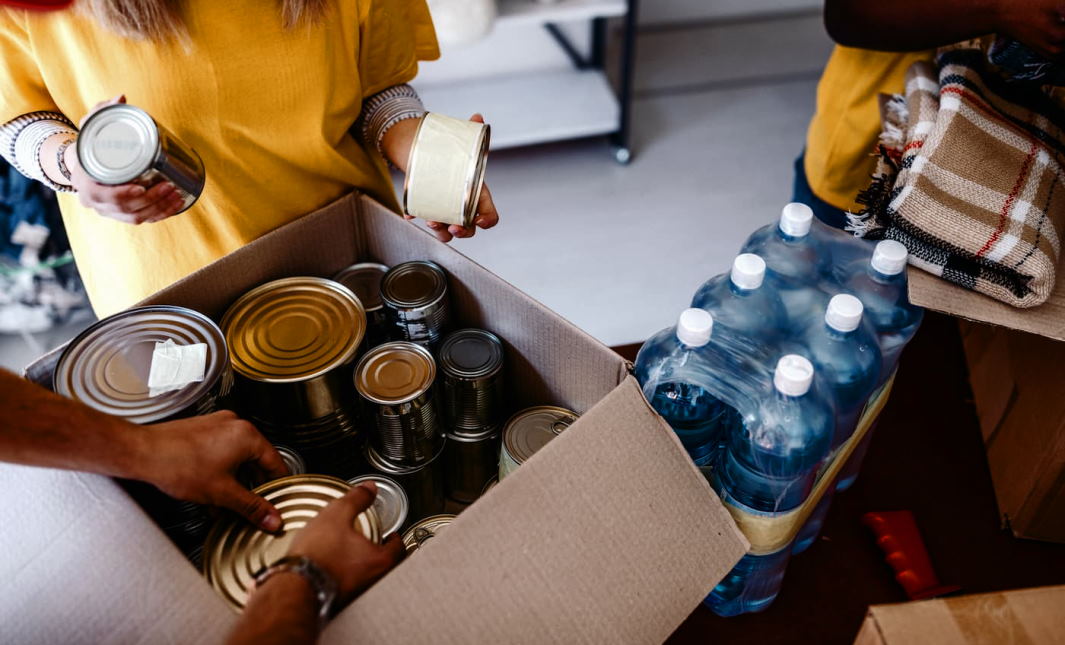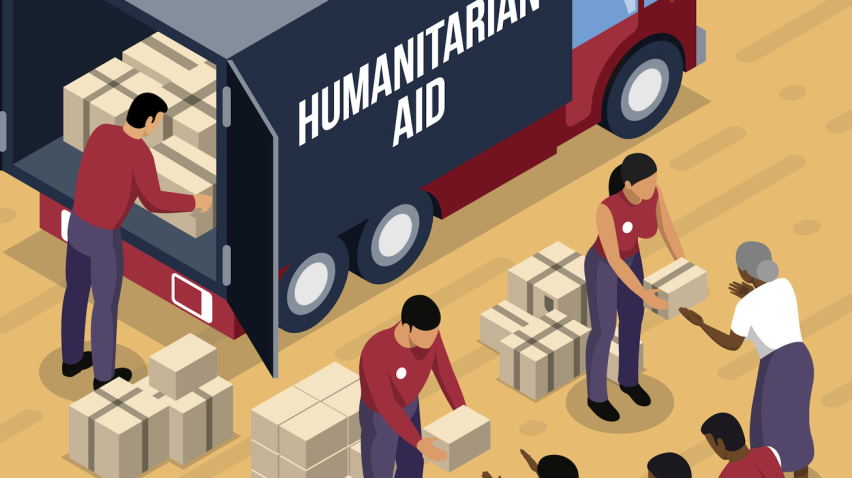When a devastating natural disaster hits, the world steps up to help. Countless volunteers rush in to provide aid, and small businesses contribute money and resources. But what can businesses do in the long term to help with relief and rebuilding efforts? Here are a few ways your business can play a critical role in humanitarian relief efforts.
Business in humanitarian relief: how corporate America is making a difference
The world is facing unprecedented humanitarian crises, with nearly 60 million people displaced by conflict and natural disasters. Businesses can play a critical role in providing much-needed assistance to those affected by these crises.

There are a number of ways businesses can get involved in humanitarian relief efforts:
- Donating money to reputable relief organizations is one of the easiest and most effective ways businesses can help. By donating money to charities and NGOs already on the ground in crisis zones, businesses can ensure that their money goes where it is needed most.
- Providing in-kind donations: In-kind donations from businesses can be invaluable to relief efforts. These donations can range from essential supplies like food, water, and medicine, to office supplies, transportation, and even expertise.
- Supporting employee-led relief efforts: Many employees will want to help out with relief efforts in their own way. Businesses can support these efforts by providing paid time off or matching employee donations.
- Helping to raise awareness: Businesses can use their platform to raise awareness about humanitarian crises and the importance of supporting relief efforts. This can be done through social media, blog posts, or even traditional advertising.
- Getting involved in longer-term rebuilding efforts: Once the immediate crisis has passed, businesses can continue to play a role in helping communities rebuild by investing in local businesses or supporting social entrepreneurship initiatives.
Humanitarian crises are becoming more and more common, and businesses have a critical role to play in providing relief to those affected. By taking action, businesses can make a positive impact on the lives of millions of people.
How the private sector helps in emergencies
In an emergency, the private sector can provide various services and support to help communities respond and recover. This can include everything from providing essential supplies and services to helping rebuild after a disaster.
The private sector has a vital role in ensuring that communities have the resources they need to cope with an emergency. By working together, businesses and government can ensure that communities are better prepared for emergencies and can recover more quickly afterwards.

Some of the ways that businesses can help in an emergency include:
Providing essential supplies: Businesses can help by providing supplies such as food, water, fuel, and medicine. This is particularly important in areas with no other source of these supplies.
Donating goods and services: Businesses can also donate goods and services to help with the relief effort. This can include things like providing shelter, transportation, or communication services.
Volunteering: Employees of businesses can often volunteer their time and skills to help in an emergency. This can be a great way for businesses to give back to the community and make a difference in times of need.
Providing financial support: Businesses can also provide financial support to help with the response and recovery effort. This can include donating money to relief organizations or providing interest-free loans to affected businesses.
The private sector has a key role in ensuring that communities are prepared for and can recover from emergencies. By working together, businesses and government can ensure that communities have the necessary resources to cope with an emergency. This is vital in ensuring communities can rebuild after a disaster and return to everyday life as quickly as possible.

